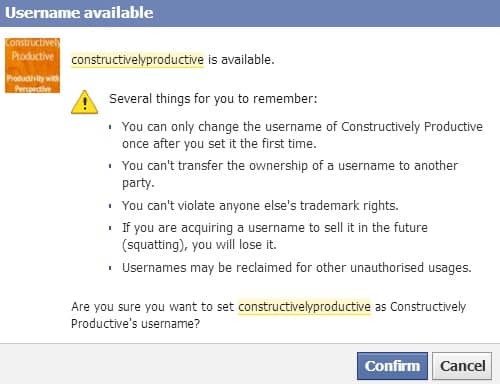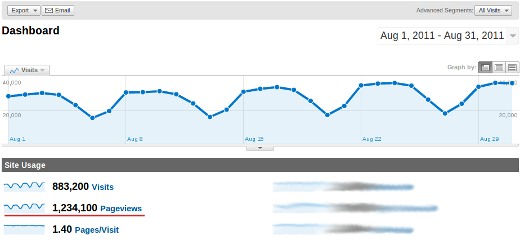Last year I started experimenting with online video. I focused mostly on screencasts, doing some blog reviews and how-to videos. I liked to work with video, and found that it has many benefits. After some time I also realized that it carries some drawbacks, though. Below you will find what I learned from it.

PROS
1. Video sets you apart from the crowd. Most people are able to setup a blog and start writing text posts. Current blogging and publishing platforms make it a no-brainer even for 5-year old children. Video, on the other hand, requires a special setup (e.g., a video camera, screen capturing and editing software). Using video can therefore set your blog or site apart from the crowd.
2. Video appeals to a different audience. There is a great number of online users that prefer to watch videos over reading text content. YouTube’s popularity is no coincidence. Adding video to your site could widen your potential audience and bring new visitors aboard.
3. Video enables you to show rather than tell. Demonstrating things and explaining some concepts can be easier with video. Sites that have a good amount of how-to articles and tutorials could therefore benefit from the format.
4. Video can be more personal. Video will bring out your voice and possibly your face. Needless to say that this is a much stronger way to interact with your visitors. Secondly, if you want to develop your personal brand, video could help with that.
5. Video reaches different online channels. Given the immense popularity of online video sites, YouTube above them all, video could be used to tap into different marketing channels and new traffic generation opportunities.
CONS
1. Video requires more preparation. Casual videos can be shot on the spot. If you want to produce something more professional, however, you will need to work on the setup, script and related activities. In other words, you will need to work even before you start shooting the video.
2. Video takes time to edit and upload. Apart from preparing the video before you shoot it, you will also need to dedicate a good amount of time to the editing and uploading processes. Choosing the right format, video platform and player are also areas that will need attention.
3. Video is not optimal for search engines. Google and other search engines are evolving fast regarding how they index videos. That being said, text is still king if you want to optimize your site for organic traffic. One solution for this is to offer video transcripts, but this will require some extra work on your side.
4. Video is not suitable for all topics. Depending on the topic or type of content that you want to create, video might not be suitable at all. Lists of resources, extensive articles and detailed researches, for example, are better presented in textual format.
5. Not everyone likes video. While there are many Internet users that swear by online video, there are just as many that can’t stand it. Those are mostly people that don’t have too much time to surf the web, and who prefer to access the information in textual format, because it allows them to scan through the content, and filter only the bit of information that they need.
Overall I think it is worth a try though. Video is certainly going to be a huge part of the web in the coming years, and the sooner you get used to it, the better.
What about you, have you experimented with producing online video? What did you learn from it?
Read More »
Tags:
Earn Money With Blogging,
Earn Money With Website,
Make Money With Blogging


















